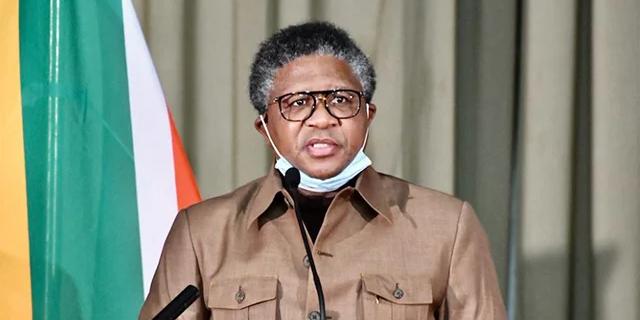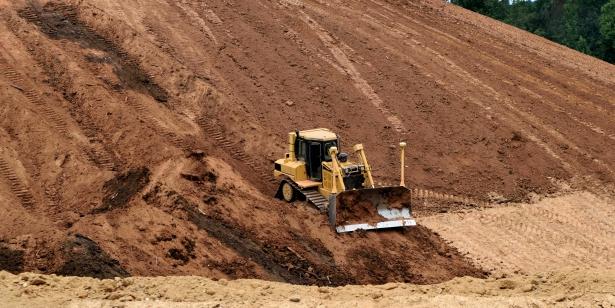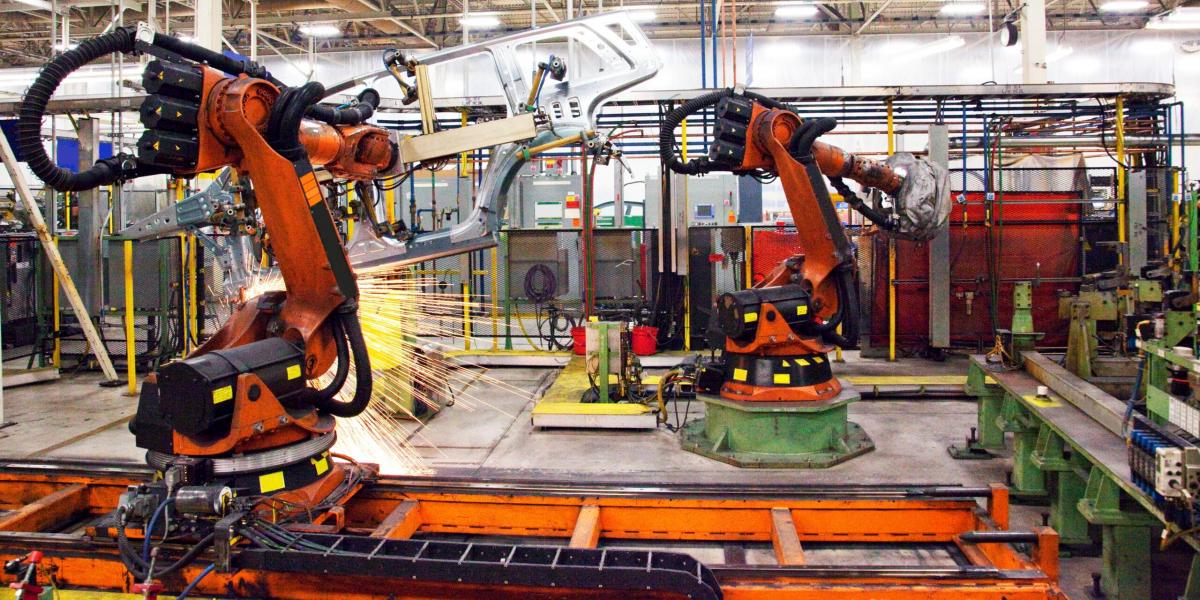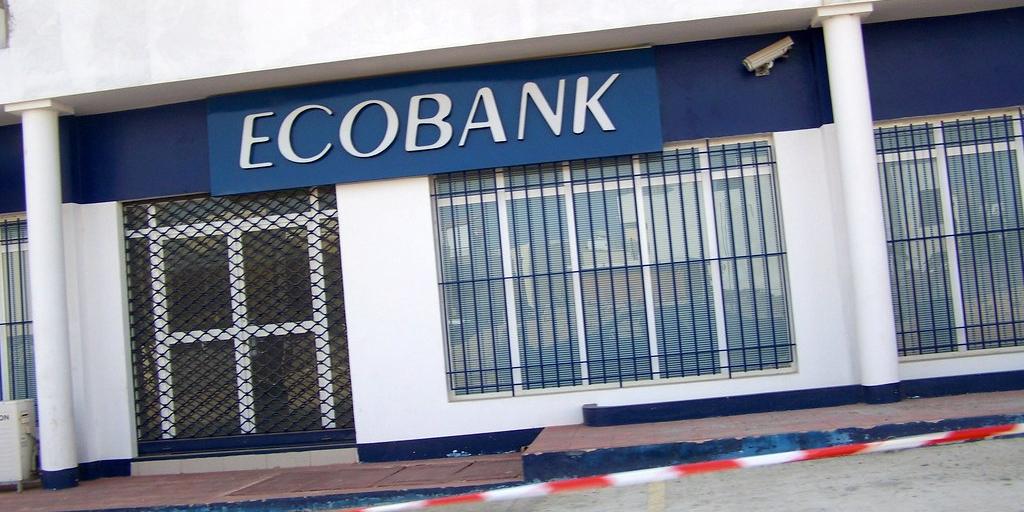South Africa : How much green energy South Africa needs to produce over the next 30 years: minister
- 06 May 2022 / News / 505 / Fares RAHAHLIA

South Africa needs to install between 3,000MW – 4,000MW of renewable energy per annum over the next 30 years as part of a long-term shift toward a renewables-based power system, says Transport minister Fikile Mbalula.
This would be the equivalent of adding one of South Africa’s mid-size power stations to the grid every year.
Addressing a climate commission conference on Thursday (5 May), Mbalula said this rapid pace would allow the country to generate sufficient economies of scale for local manufacturers to produce the parts for wind and solar and utility-scale batteries.
“This manufacturing can create real jobs — not just intermittent jobs in the installation and construction, but decent permanent jobs linked to large scale manufacturing. We must invest in peaking power to provide the energy security that our country so desperately needs,” he said.
“We must continue to phase out coal, in a manner that is carefully structured and planned. Specifically, this means repurposing and repowering our existing coal plants, and creating new livelihoods for workers and communities most impacted in the change.”
The transport minister said that his department was working to ‘equip’ the automotive industry for the new opportunities of a cleaner transport system, including electric vehicles. He added that the country’s shift to green power will need the support of both the public and private sector, with a concerted push towards green funding.
“The transition will require large-scale shifts within our domestic financial system to mobilise both public and private capital for the transition, including by strengthening regulation and institutional arrangements, partnering with the public sector for delivery, and attracting capital into new markets, technologies, business models, and small and medium enterprises.”
Mbalula pointed to the recent floods in KwaZulu-Natal and parts of the Eastern Cape as a sign that South Africa is not immune from the effects from climate change and global warming.
“The science is clear that climate change is happening at an accelerated pace, with profound implications on all aspects of our lives – on rainfall patterns, water resources, crop viability, food security and human health, amongst others.
“The science is also clear that we must keep global warming below 1.5 degrees celsius if we want to avoid the worst of climate impacts. To do so, we must reduce greenhouse gas emissions dramatically over the next three decades to reach net-zero emissions by the middle of the century.”
source: businesstech
 English
English
 français
français
 العربية
العربية







